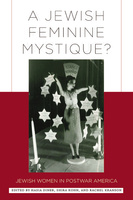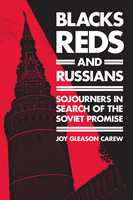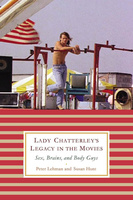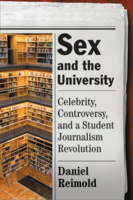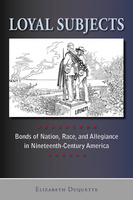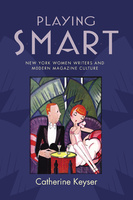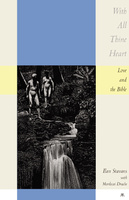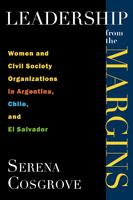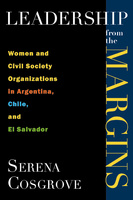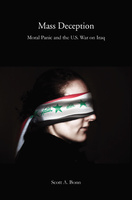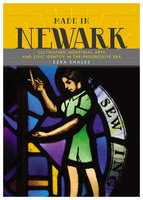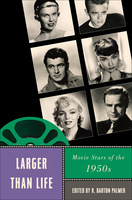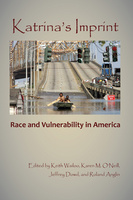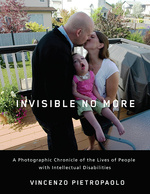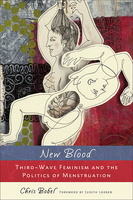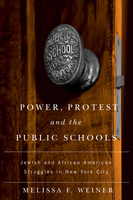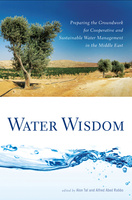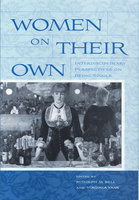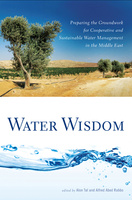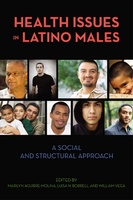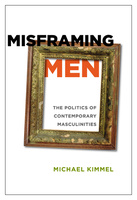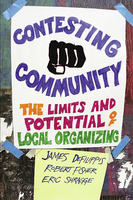A Jewish Feminine Mystique?
Jewish Women in Postwar America
How Fast Can A Falcon Dive?
Fascinating Answers to Questions about Birds of Prey
Blacks, Reds, and Russians
Sojourners in Search of the Soviet Promise
Lady Chatterley's Legacy in the Movies
Sex, Brains, and Body Guys
Peter Lehman and Susan Hunt relate a host of wide-ranging films to a literary tradition dating back to D. H. Lawrence's Lady Chatterley's Lover and an emerging body culture of our time. Through an engaging and compelling narrative, they argue that the hero's body, lovemaking style, and penis-revealed through extensive male nudity-celebrate conformity to norms of masculinity and male sexuality. Simultaneously, these films denigrate the vital, creative, erotic world of the mind. Just when women began to successfully compete with men in the workplace, these movies, if you will, unzip the penis as the one thing women do not have but want and need for their fulfillment.
Sex and the University
Celebrity, Controversy, and a Student Journalism Revolution
Medical Professionalism in the New Information Age
Loyal Subjects
Bonds of Nation, Race, and Allegiance in Nineteenth-Century America
Arabs of the Jewish Faith
The Civilizing Mission in Colonial Algeria
Playing Smart
New York Women Writers and Modern Magazine Culture
Edna St. Vincent Millay, Dorothy Parker, Anita Loos, Lois Long, Jessie Fauset, Dawn Powell, Mary McCarthy, and others imagined New York as a place where they could claim professional status, define urban independence, and shrug off confining feminine roles. Their fiction raised questions about what it meant to be a woman in the public eye, how gender roles would change because men and women were working together, and how the growth of the magazine industry would affect women's relationships to their bodies and minds. Playing Smart celebrates their causes and careers and pays homage to their literary genius.
Medical Professionalism in the New Information Age
With All Thine Heart
Love and the Bible
Comprehending Drug Use
Ethnographic Research at the Social Margins
Leadership From the Margins
Women and Civil Society Organizations in Argentina, Chile, and El Salvador
Leadership From the Margins
Women and Civil Society Organizations in Argentina, Chile, and El Salvador
Raising Your Kids Right
Children's Literature and American Political Conservatism
Highlighting the works of William Bennett, Lynne Cheney, Bill O’Reilly, and others on the American political right, Michelle Ann Abate brings together such diverse fields as cultural studies, literary criticism, political science, childhood studies, brand marketing, and the cult of celebrity. Raising Your Kids Right dispels lingering societal attitudes that narratives for young readers are unworthy of serious political study by examining a variety of texts that offer information, ideology, and even instructions on how to raise kids right, not just figuratively but politically.
Mass Deception
Moral Panic and the U.S. War on Iraq
Made in Newark
Cultivating Industrial Arts and Civic Identity in the Progressive Era
Larger Than Life
Movie Stars of the 1950s
One People, One Blood
Ethiopian-Israelis and the Return to Judaism
Katrina's Imprint
Race and Vulnerability in America
Conjuring Crisis
Racism and Civil Rights in a Southern Military City
Invisible No More
A Photographic Chronicle of the Lives of People with Intellectual Disabilities
New Blood
Third-Wave Feminism and the Politics of Menstruation
Power, Protest, and the Public Schools
Jewish and African American Struggles in New York City
Water Wisdom
Preparing the Groundwork for Cooperative and Sustainable Water Management in the Middle East
Women on Their Own
Interdisciplinary Perspectives on Being Single
Modern American culture has raised generations of women who believed that their true and most important role in society was to get married and have children. Anything short of this role was considered abnormal, unfulfilling, and suspect. This female stereotype has been exploited and perpetuated by some key films in the late 40's and early 50's. But more recently we have seen a shift in the cultural view of the spinster. The erosion of the traditional nuclear family, as well as a larger range of acceptable life choices, has caused our perceptions of unmarried women to change. The film industry has reflected this shift with updated stereotypes that depict this cultural trend. The shift in the way we perceive spinsters is the subject of current academic research which shows that a person's perception of particular societal roles influences the amount of stress or depression they experience when in that specific role. Further, although the way our culture perceives spinsters and the way the film industry portrays them may be evolving, we still are still left with a negative stereotype.
Themes of choice and power have informed the lives of single women in all times and places. When considered at all in a scholarly context, single women have often been portrayed as victims, unhappily subjected to forces beyond their control. This collection of essays about "women on their own" attempts to correct that bias, by presenting a more complex view of single women in nineteenth- and twentieth-century United States and Europe.
Topics covered in this book include the complex and ambiguous roles that society assigns to widows, and the greater social and financial independence that widows have often enjoyed; widow culture after major wars; the plight of homeless, middle-class single women during the Great Depression; and comparative sociological studies of contemporary single women in the United States, Britain, Ireland, and Cuba.
Composed of papers presented to the Rutgers Center for Historical Analysis project on single women, this collection incorporates the work of specialists in anthropology, art history, history, and sociology. It is deeply connected with the emerging field of singleness studies (to which the RCHA has contributed an Internet-based bibliography of more than 800 items). All of the essays are new and have not been previously published.

